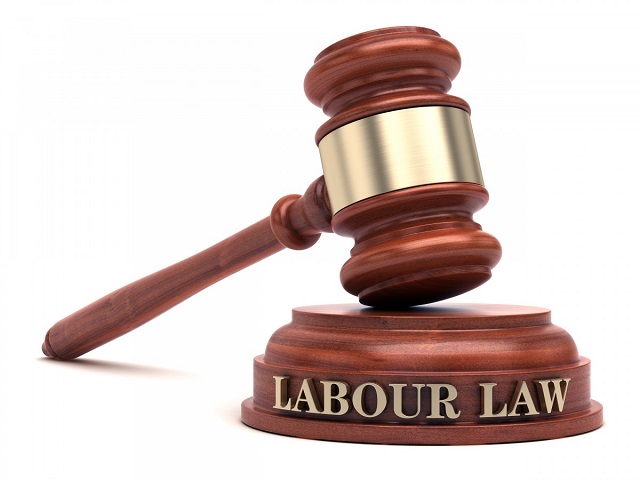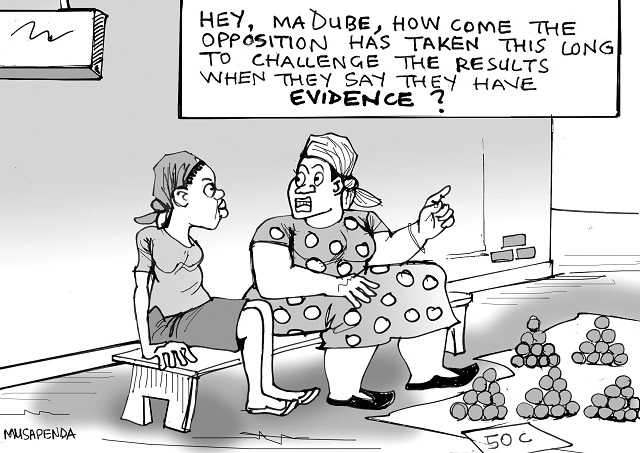Procedural fairness and prejudice

Davies Ndumiso Sibanda, Labour Matters
WHILE the courts have said matters of procedure should not be the basis of freeing an employee from misconduct charges but rather the employee must be free because he is not guilty, there is an exception to this principle as where procedural flaws lead to prejudice then the employee can use failure to follow procedure as good defence. A classic case in the High Court Judgement Rwodzi versus Chegutu Municipality HH86/2003 where the High Court dealt in detail with key aspects of a procedurally fair hearing and unfortunately many employers ignore these and end up with problems.
The judgement highlights the need to give an employee reasonable advance notice of the date, time and place where the disciplinary hearing will take place.
If any of those has not been properly handled, the employee can successfully claim prejudice. The Labour Court has in the past said at least three working days is reasonable notice although I would think giving up to seven working days is even more reasonable (my personal opinion). The employee must be clear on where the hearing will take place. It is advisable to use the workplace or other place easily accessible to the employee and his representatives and witnesses at no cost. Where a hearing is moved from the employee’s usual place could be viewed as prejudicial if the worker fails to raise money for his transport, representatives and witnesses to go to the venue.
The employee must also give a date and time that are reasonable for example, weekends and public holidays are not advisable unless it is by mutual consent of parties. There could be prejudice if the worker claims that he could not have a fair hearing because it was a weekend or public holiday and he failed to access a lawyer or a public office where crucial information could not be determined, for example phone records from a service provider.
The judge also highlighted the need to have a hearing before a decision is made. Many employers like conducting hearings on record forgetting that they are dealing with ordinary workers who are not experts in constructing records. This usually leads to reversal of employers’ decision when the worker approaches higher courts to be heard. Employers should learn from the Labour Court, which is a court of records but it’s very rare that cases are decided on record where parties can easily be called to be heard. This enhances fairness.
This judgement also addresses the need to conduct the hearing without delay but giving the employee reasonable time to prepare. Reasonable time to prepare must be reasonable time to a reasonable person and not a reasonable employer or employee.
Another important procedural fairness issue raised in the judgement is the worker’s right to representation. Shutting out those who can legally represent a worker can lead to prejudice allegations. The judge also highlighted the need to give the alleged offender details of the charge or allegations against him so as to properly prepare, further he brought up the need to have the worker attend the hearing unless if the worker denies himself the right to be heard when he has been notified.
Above all, the judge raised the need for the employer to be impartial. This is usually a problem for many employers as disciplinary hearings are usually pre-determined and the hearing will be about going through the emotions. In conclusion, not all matters of failure to follow procedure are trivial as those that lead to prejudice can lead to nullification of the unfair dismissal.
Davies Ndumiso Sibanda can be contacted on:
Email: [email protected]










Comments